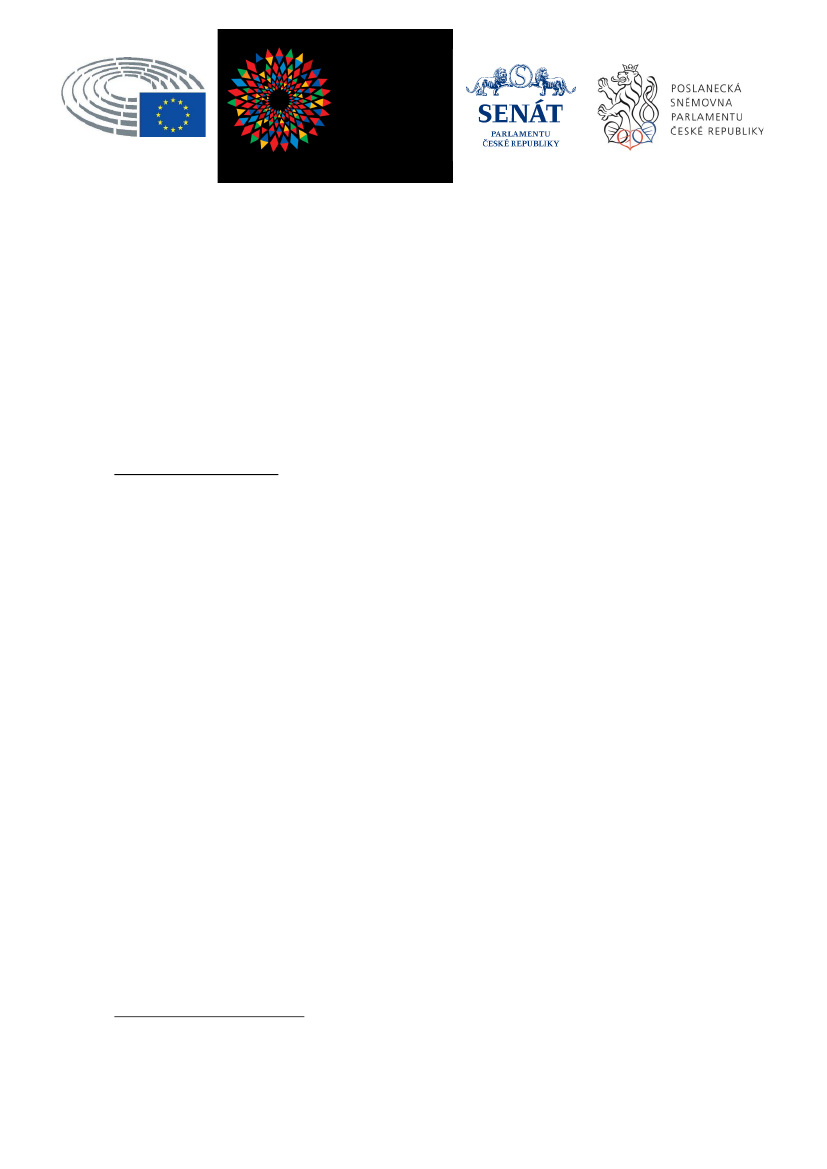
Updated version in view of the Czech Presidency of the Council of the EU
JPSG Written and Oral Questions
Guide for Members
INTRODUCTION
The Joint Parliamentary Scrutiny Group on Europol (JPSG) brings together Members of national
parliaments and the European Parliament to fulfil the scrutiny and oversight on the activities
of Europol including fundamental rights.
1
The JPSG meets at least twice a year and is Co-Chaired by the European Parliament and the
parliament of the country holding the rotating Presidency of the Council of the European Union.
RIGHT TO ASK QUESTIONS
Article 4.2. of the JPSG Rules of Procedure:
Right to ask questions
Members of the JPSG may address both oral and written questions to Europol. Written questions
may also be asked outside the meeting framework and independently of items listed on the
agenda and shall be answered within an appropriate timeframe. The questions shall reflect the
mandate of the JPSG as defined in Regulation (EU) 2016/794 (Europol Regulation). These
questions shall be relayed to Europol after their admissibility has been checked by the Co-Chairs
and the question is deemed to be in line with the Europol regulation. A further written reply can
be requested in case the answer to an oral question is deemed insufficient.
The Rules of Procedure of the Joint Parliamentary Scrutiny Group on Europol in its Art. 4 (4.2)
set up the right to ask questions as part of the scrutiny tasks. Members of the JPSG
–
individually
or jointly - may address questions to Europol. There are two categories of questions: written
and oral ones.
Both oral and written questions shall reflect the mandate of the JPSG as defined in Regulation
(EU) 2016/794 (Europol Regulation). These questions shall be relayed to Europol after their
admissibility has been checked by the Co-Chairs and once they are deemed to be in line with
the Europol Regulation.
1
The JPSG was constituted pursuant to Art. 51 of Regulation (EU) 2016/794 (Europol Regulation) and Art. 88
TFEU.